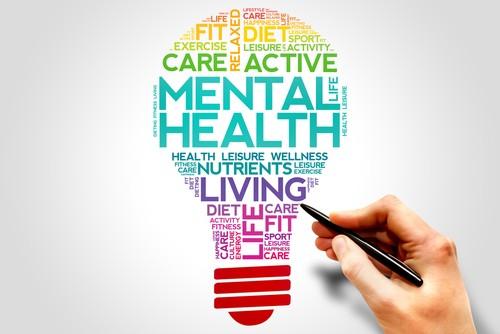Studying
Have you noticed that your old studying methods are not working as well? I’ve tried many different study methods in high school and throughout my first few years of college. Some have worked better than others and some have given me barely passing grades in classes. After a lot of research and testing, I’ve found a good technique that works for me that I would definitely recommend: The Pomodoro Technique.
The Pomodoro Technique is where you study for about 45 minutes to an hour and then take a 5-10 minute break and repeat. Studying continuously for hours without any sort of break is not alone tiresome, but I find that you burn yourself out and don’t maximize your information retention. With this method I study for 45 minutes and then take a 10 minute break or so to read part of a book I’m reading, check my phone, watch a youtube video, get a snack, etc. instead of distracting myself with all these things throughout my studying time. A lot of the time when I do this I find that I go over the 45 minutes studying because I get so focused.
Another big tip that I learned a year ago is turning my phone off when I want to study, or at the minimum turning on do not disturb and putting it away. It is so easy to constantly check your phone for notifications, or if you think of something you need to do. This breaks your attention and focus from studying which also affects how much information you retain. Think about it, if you’re 100% focused on something you’re more likely to learn it or remember it than if you’re constantly breaking that focus and trying to restart it. Those two things have been a big help in studying for me, and I feel like they are two things anybody can adopt immediately!
Mental Health Resources
Along with actually taking the time to study comes the stress and worry of studying enough and getting a good grade on the exam. For some people, pushing through the stress and letting it run its course is second nature. However, this stress can build up and start to affect other aspects of your life. There are many mental health resources on campus that I have either personally utilized or know of that are very helpful in finding ways to get through stress from exams, studying, classes, or whatever it may be.
One amazing resource on campus is CAPS. CAPS is the University of Michigan’s Counseling and Psychology Services. CAPS offers many services including counseling and therapy, workshops, and other resources to maintain good mental health in a stressful environment like Michigan. (Update: They now offer telehealth through Uwill; students have six free virtual sessions, which are anonymous via video, phone, chat, or messaging.)
Another good resource on campus is Wolverine Support Network or WSN. WSN is a student organization and community on campus that seeks to address and promote student mental health and well-being through weekly, peer-facilitated support groups and bi-weekly stress-busting events. I am currently a junior, and have been involved with WSN since my first semester of freshman year and have been a leader since this past January. I love it and have found that it is definitely something on campus that helps with mental health by being a place where I can go and talk about my week and the things going on in my life and listen to others. It’s always comforting to hear people talk about things that I’m going through that I thought only happened to me or I was only going through. It’s also a place to meet people you may not have normally met on campus, and I have made some great friends on campus through it!
Mental health is just as important as physical health--arguably even more so. Even the World Health Organization classifies mental health an integral part of personal well-being, on the same lines as financial, social, and physical well-being! So take some time to assess yourself and be sure to seek out the services you need.

